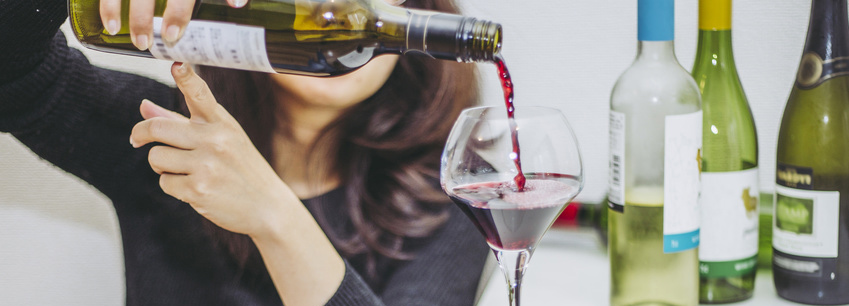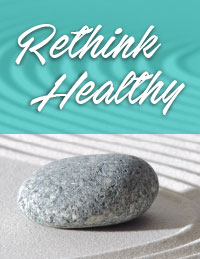Has it been one of those “I need a drink”days?
We’ve all seen the funny quotes about the stress reducing properties of alcohol and the images of the harried mom or working professional with a glass of wine, beer or a cocktail to cope with life’s stressors. But the more people turn to drink to cope with stress – as opposed to drinking for celebration – the higher their risk for having problems with alcohol.
There is some truth to the idea that alcohol can reduce stress. Alcohol is a sedative and a depressant that dampens the response of the central nervous system to stressful situations. Initially, drinking alcohol can reduce fears, help you feel less shy, and give you a boost in mood. However, if you drink regularly, you will build a tolerance to the de-stressing effects of alcohol and somewhere past a few drinks, attempting to treat stress with alcohol becomes detrimental.
In truth, alcohol does not fix the stress in your life. Rather, it may cover up the pain and discomfort for a short period of time, but as soon as it wears off your stress returns. Drinking to fix your problems ensures that you will not address the true source of your discomfort and stress.
For many, having a drink has become a habit to handle stress, but in order to relax, we need to figure out why we are not relaxed and address the issue directly.
When your stress level is building, here are some ways to de-stress without the help of a drink:
Exercise – Through exercise, your body releases the same endorphins it does when you are drinking. Also, exercise feels good, and movement releases tension in your muscles.
Write – Sort through what is bothering you on paper. Write about the stressful events you are experiencing and how they make you feel. Often this gives you a new perspective on what is causing your stress and how you can alleviate it.
Breathing and Meditation – Anytime you start to feel overwhelmed, you can turn to your breath. Take a deep inhale though your nose and a slow exhale though your mouth. Even just 2-3 three deep breaths can slow your heart rate and bring your body into a greater state of relaxation. Take a Mindfulness- Based Stress Reduction course or try a mediation app. The intention is to pull yourself away from overanalyzing the past or worrying about the future by living in the moment.
Laughter and Looking for the Humor in Daily Life – Laughter lowers levels of cortisol and supports stress relief. Make space for laughter and being less serious. Perhaps this is checking out silly cat memes or simply laughing along with someone else. Laughter is behaviorally contagious, so go ahead and join in with others even if you don’t know them.
Do Something that Brings You Joy– Whether it is meeting a friend, reading a book, taking a bath, digging in the garden, taking on a hobby or spending time in nature. Instead of escaping with a drink, allow yourself to enjoy life by seeking out things that make you happy.
Accept Small Amounts of Discomfort– Often we turn to alcohol to avoid discomfort, but many things worth doing are accompanied by discomfort. For example, sweating out a workout for the good of our body or the confusion and frustration of learning a new language or instrument. When you decide to try a new strategy for stress reduction, expect to endure some discomfort today for greater things tomorrow.
Take Care of Yourself – Make a commitment to treat your body right. A healthy diet, enough sleep and good friends can go a long way in relieving stress.
Try Other Things to Drink – Pour yourself a non-alcoholic drink. Try brewing up an infusion of tea, a non-alcoholic kombucha, a flavored mineral water, a ginger soda, or a spirit-free cocktail. There is even a non-alcoholic distilled spirit, called Seedlip, that can be used in craft cocktails so you can create a special drink without any alcohol.
Article provided by the Wellness Neighborhood, Helping You Rethink Healthy






 Appointment Scheduling:
Appointment Scheduling: